Phonics Skills Normal Worksheets for Ages 4-9
62 filtered results
-
From - To
Enhance your child's reading abilities with our engaging Phonics Skills Normal Worksheets designed for ages 4-9! These worksheets are targeted to develop essential phonics skills, helping young learners recognize sounds, blend letters, and improve their vocabulary. Each worksheet is colorful and interactive, making learning fun and effective. Ideal for both classroom and home use, these resources support early literacy initiatives and cater to diverse learning styles. Parents and educators can help children build a strong foundation in reading and language arts with our carefully crafted activities. Explore our collection and simplify your teaching strategy with these user-friendly phonics worksheets today!
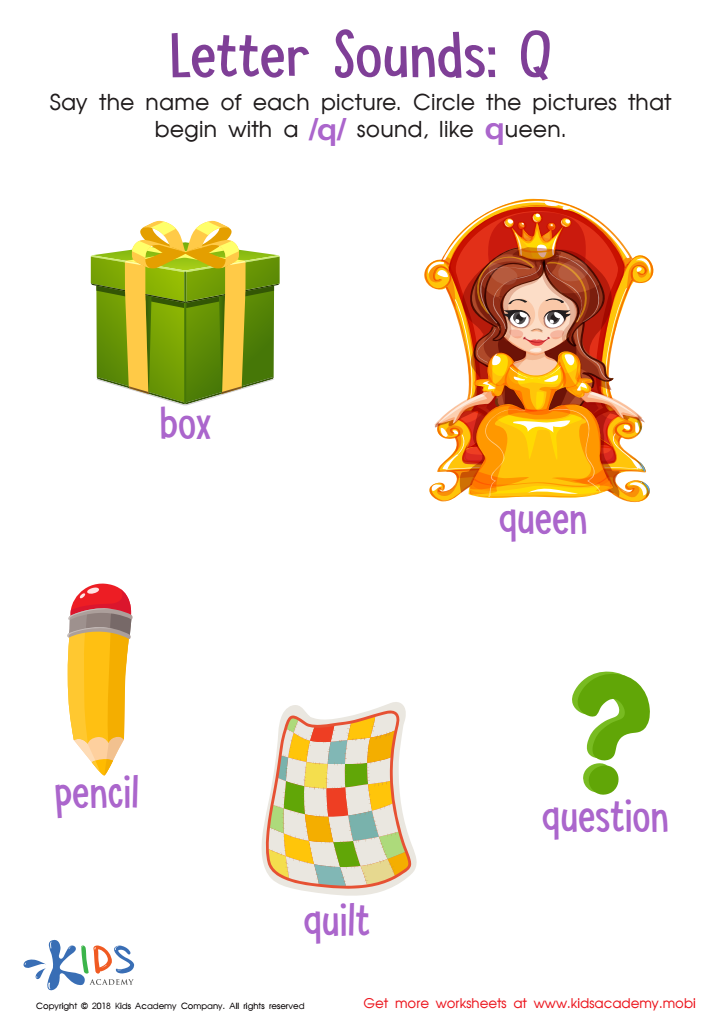

Letter Q Sounds Worksheet
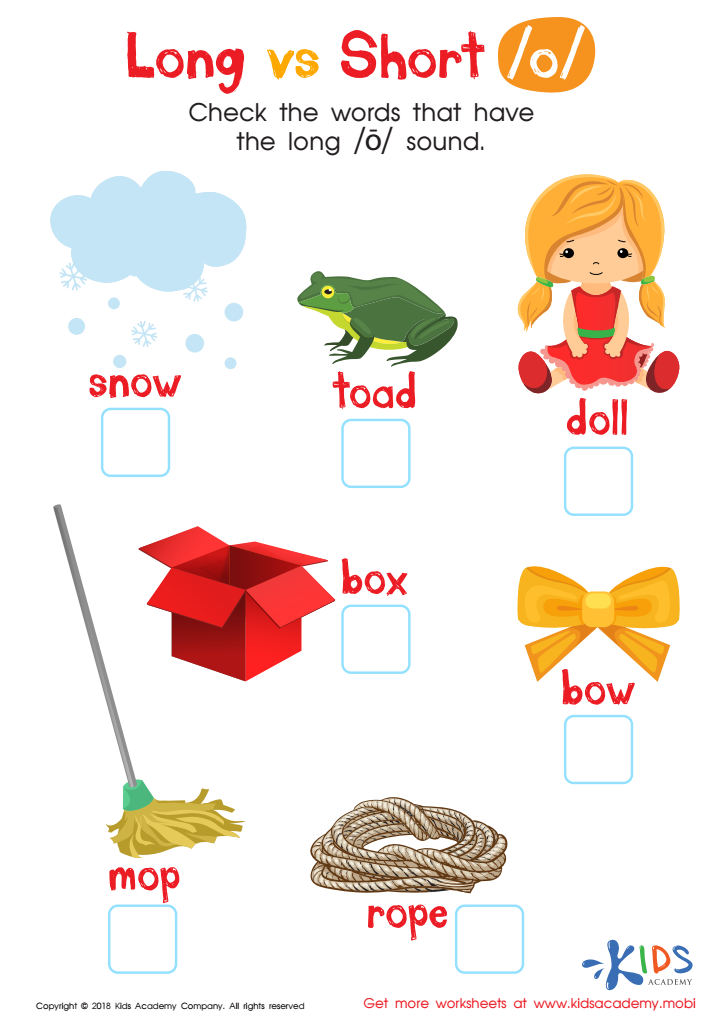

Long vs Short O Reading Worksheet
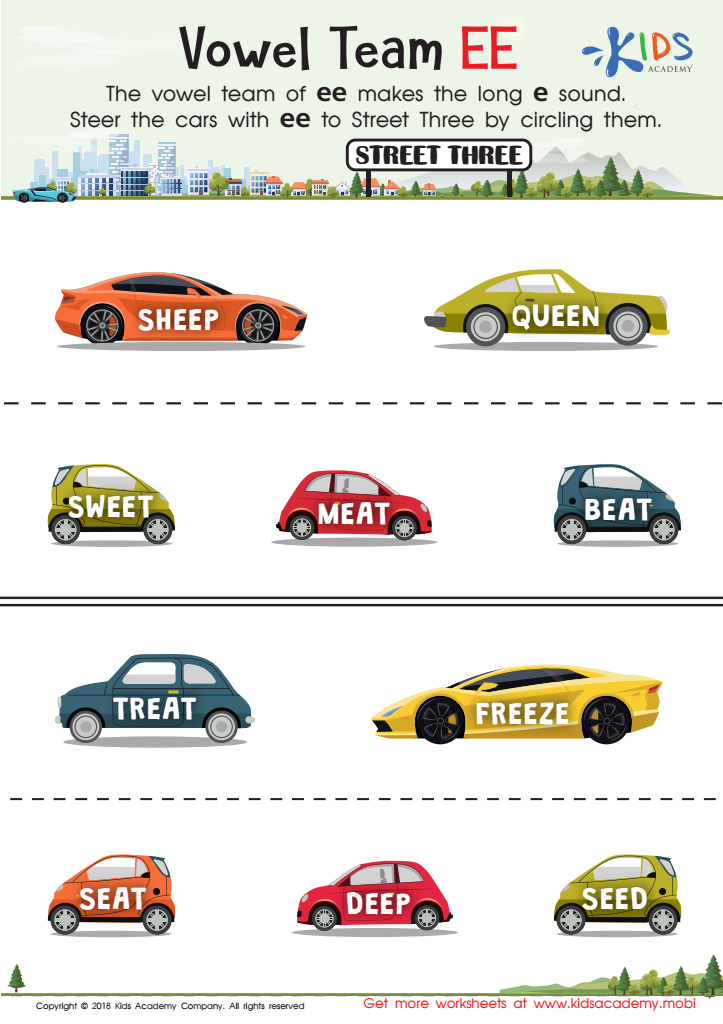

Vowel team ee Worksheet
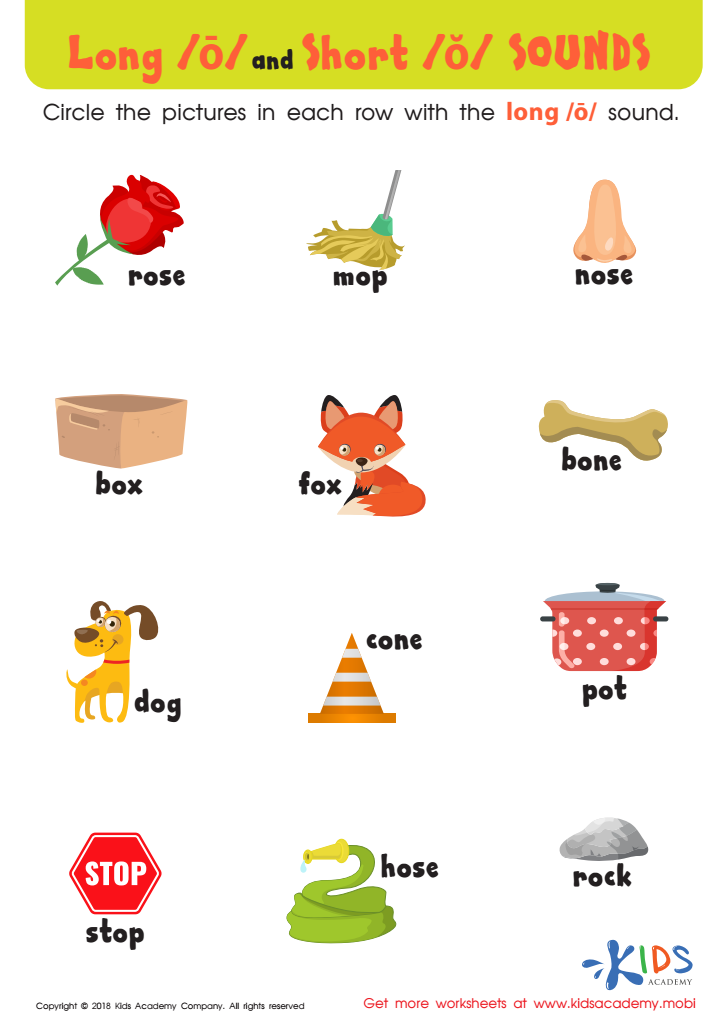

Reading: Long O and Short O Sounds Worksheet
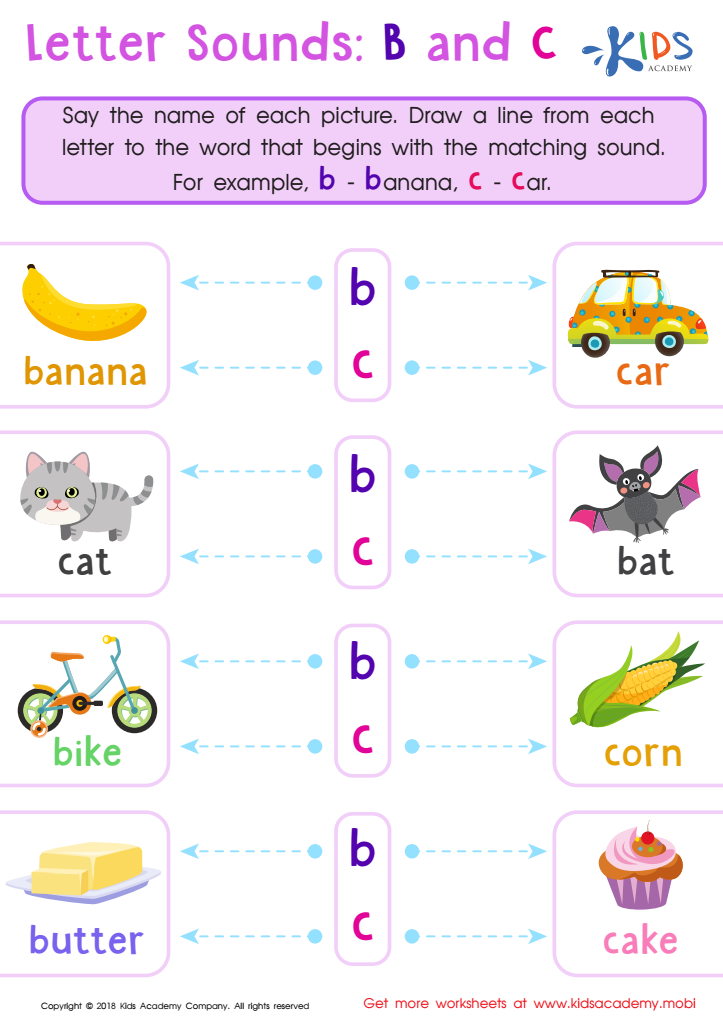

Letter B and C Sounds Worksheet
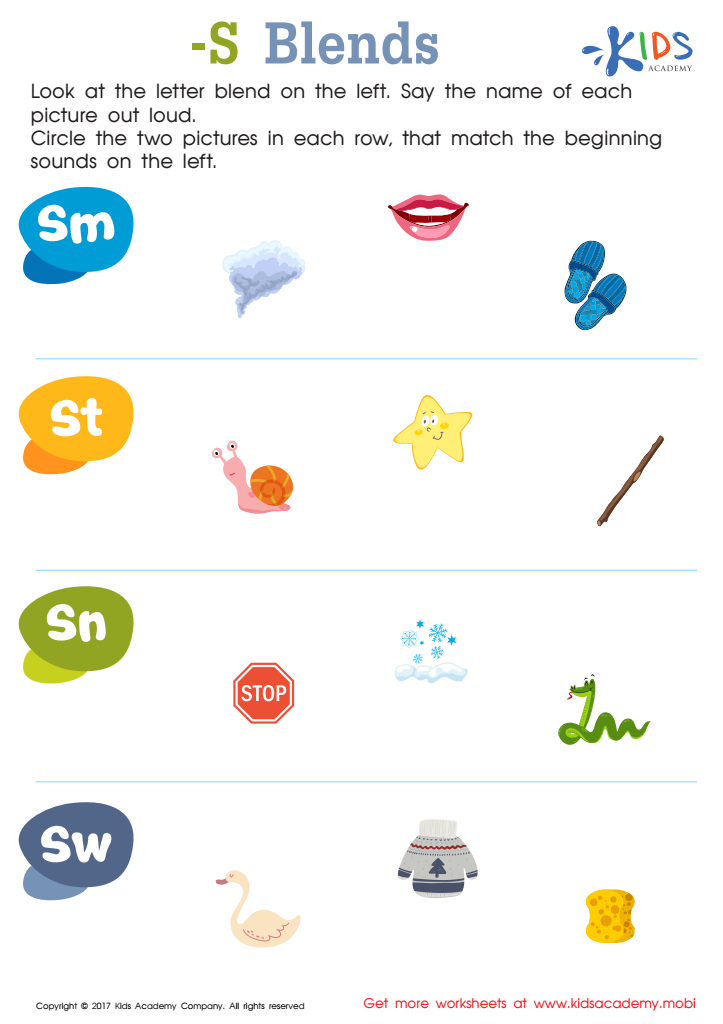

"s" Blends Spelling Printable
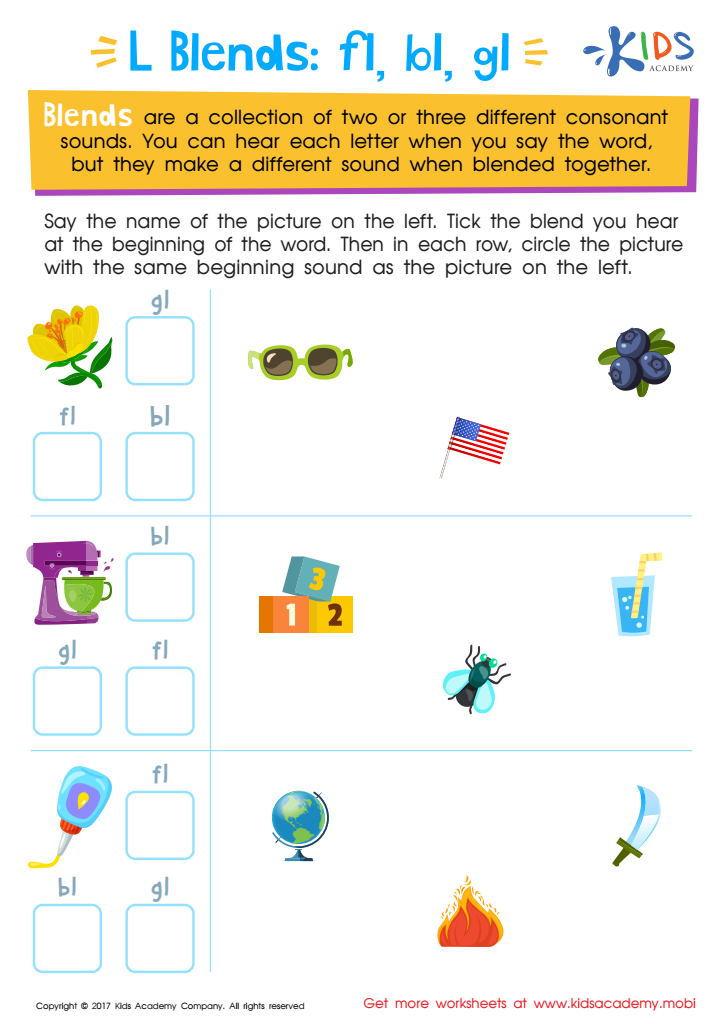

Blending Consonants: "Fl", "Bl" and "Gl" Printable
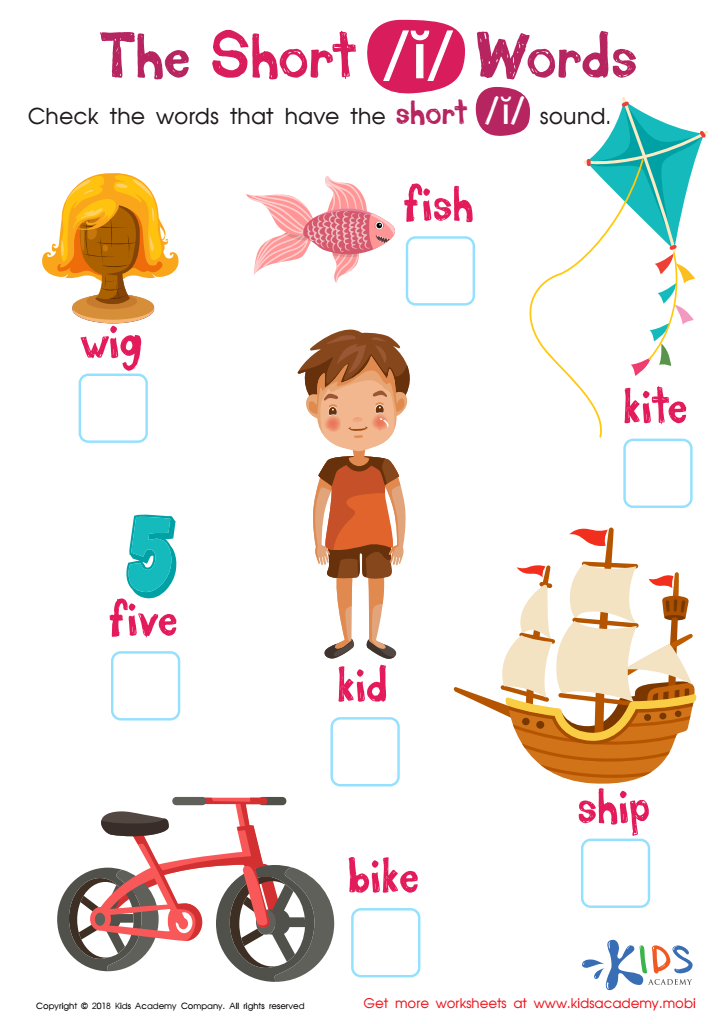

The Short I Words Reading Worksheet
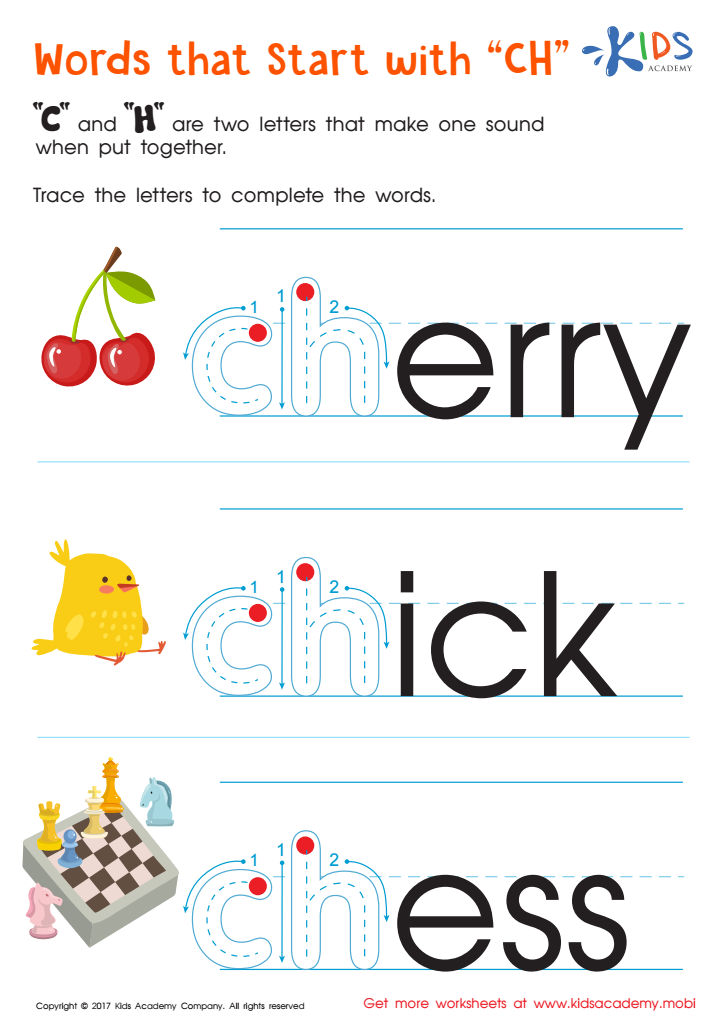

Words That Start with "ch" Spelling Worksheet
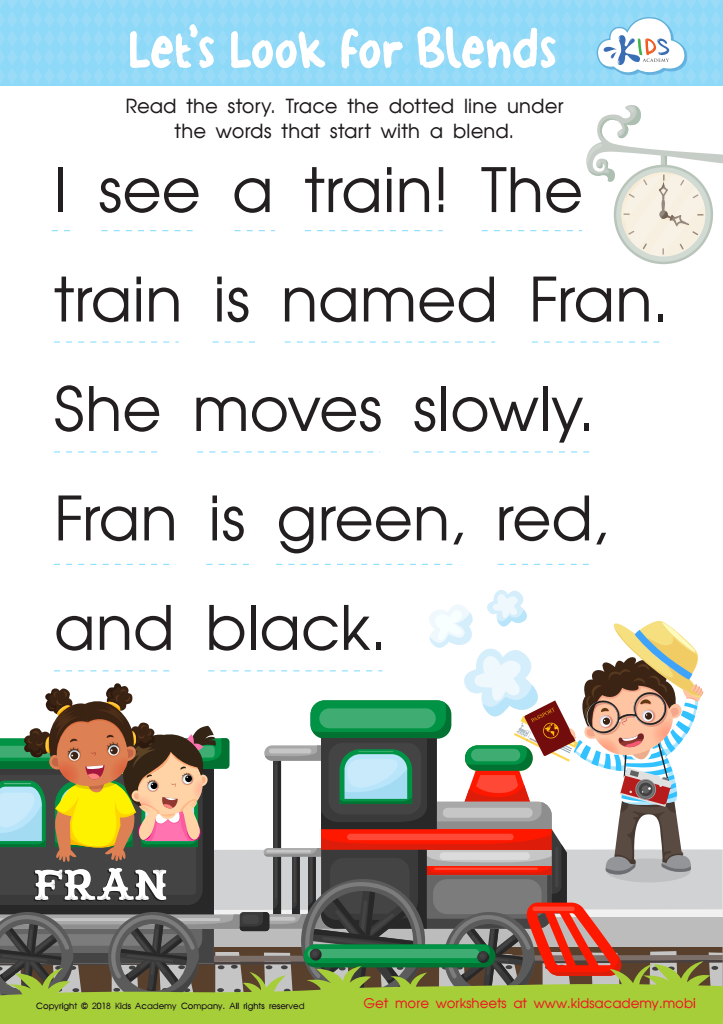

Let's Look for Blends Worksheet
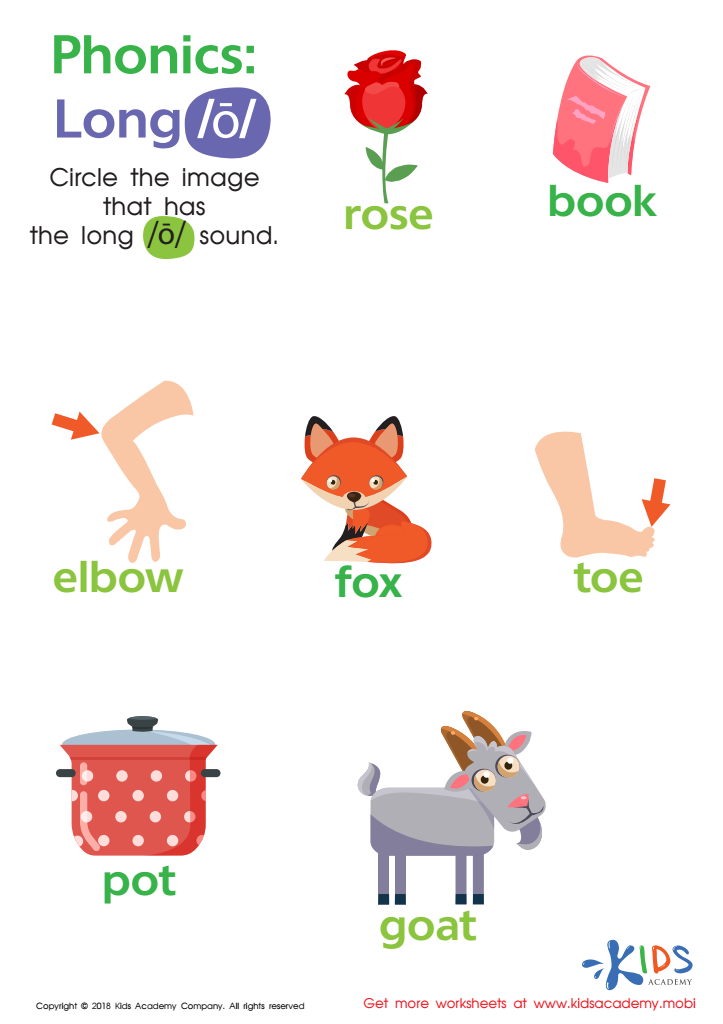

Phonics Long O Reading Worksheet
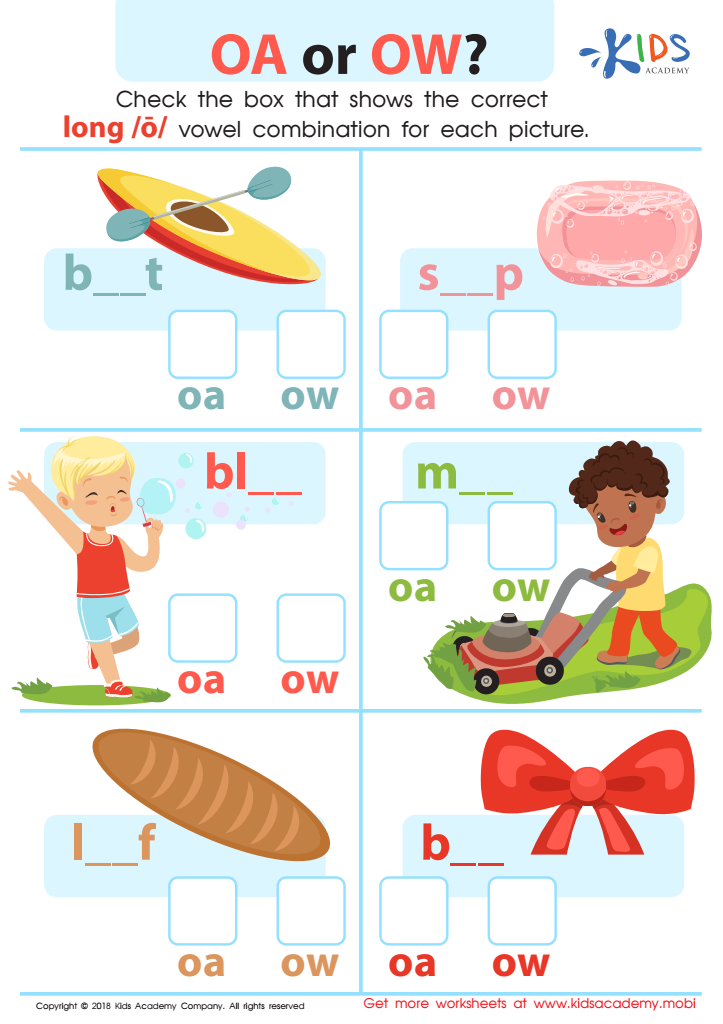

Reading: OA or OW Worksheet
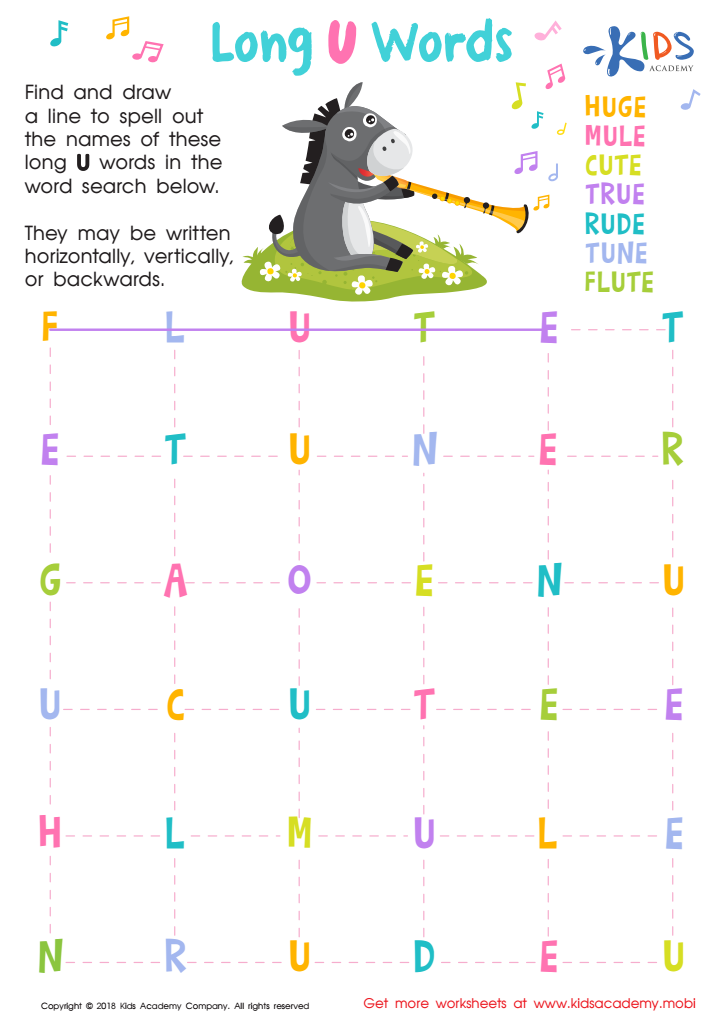

Long /u/ Words Worksheet
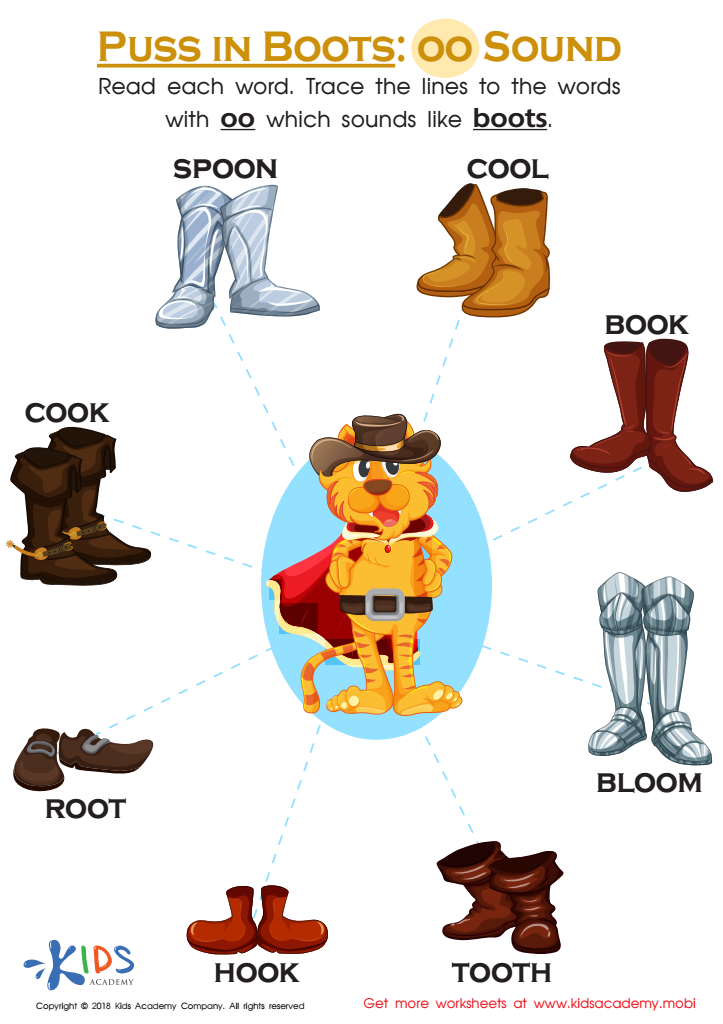

Puss in Boots: OO Sound Worksheet
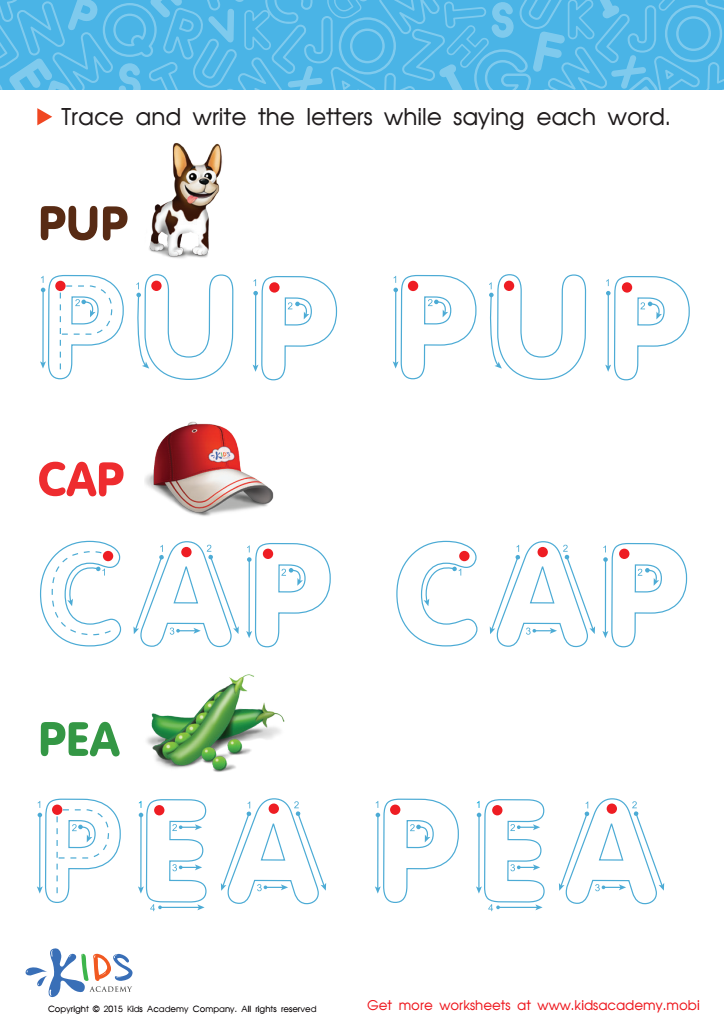

A Pup, a Cap and a Pea Spelling Worksheet
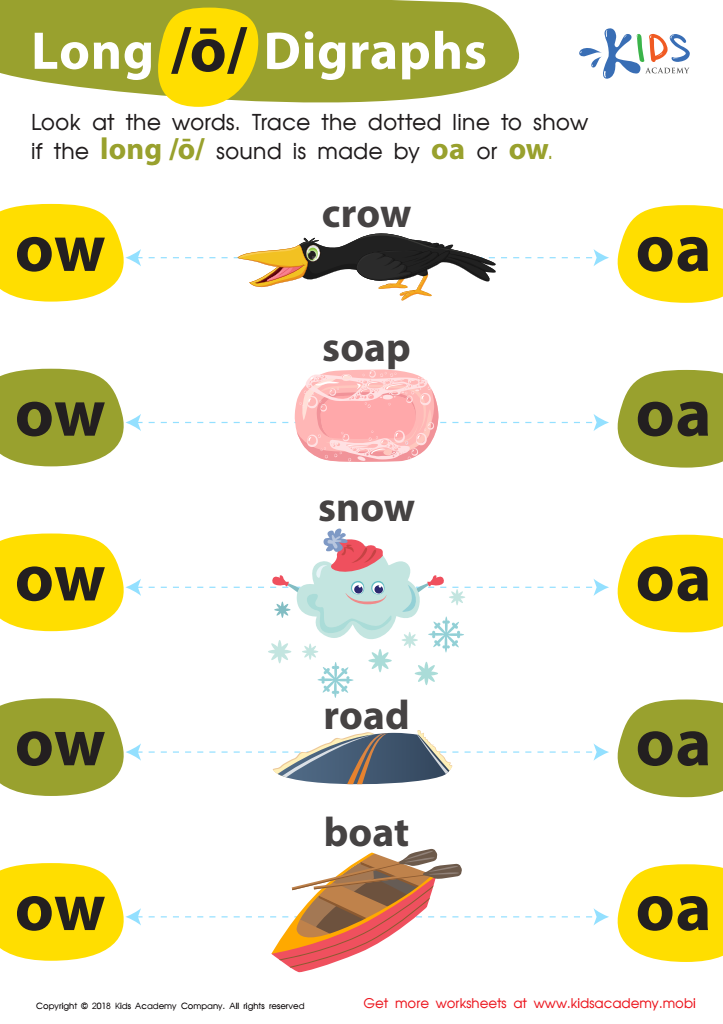

Reading: Long O Digraphs Worksheet
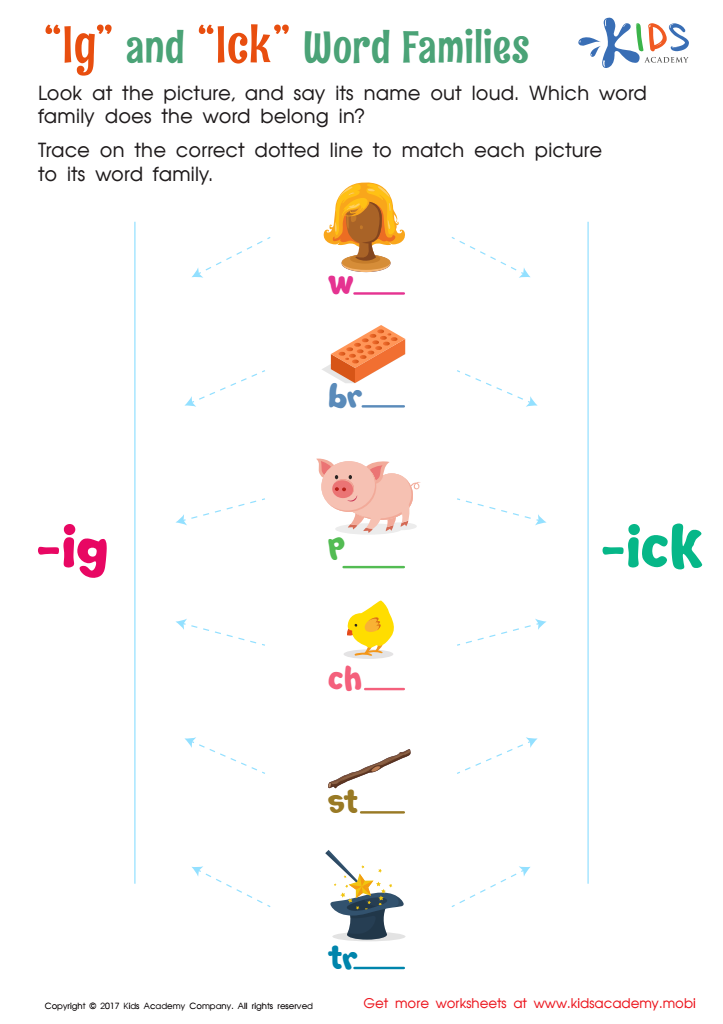

Words Families "ig" and "ick" Spelling Worksheet


Short Vowels /e/, /i/, and /u/ Worksheet
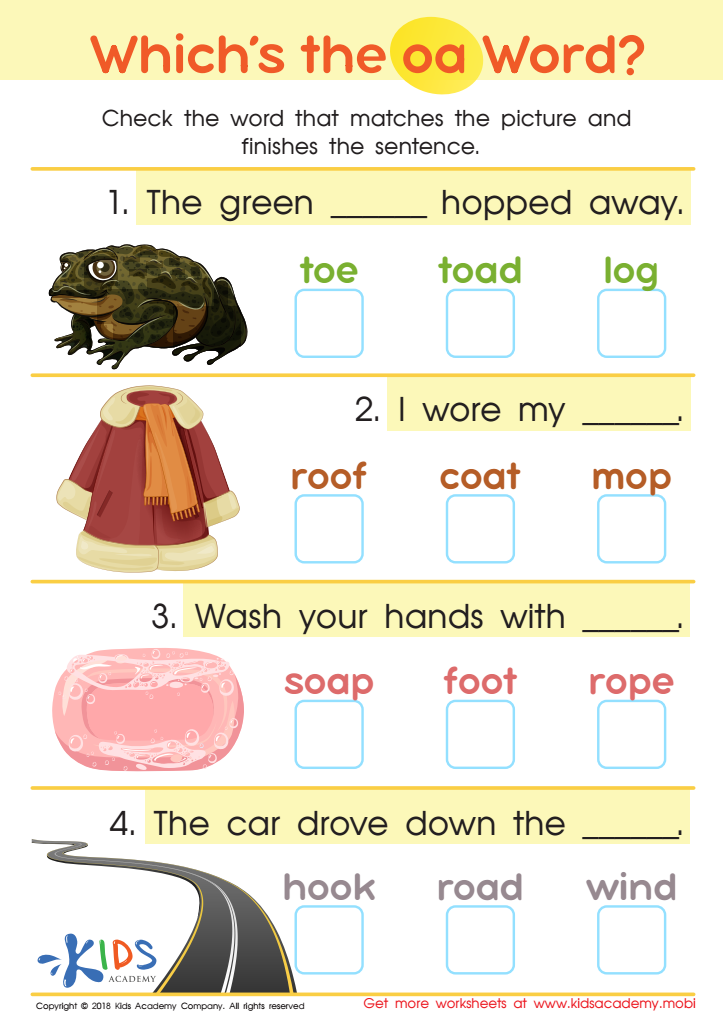

Which's the OA Word? Worksheet
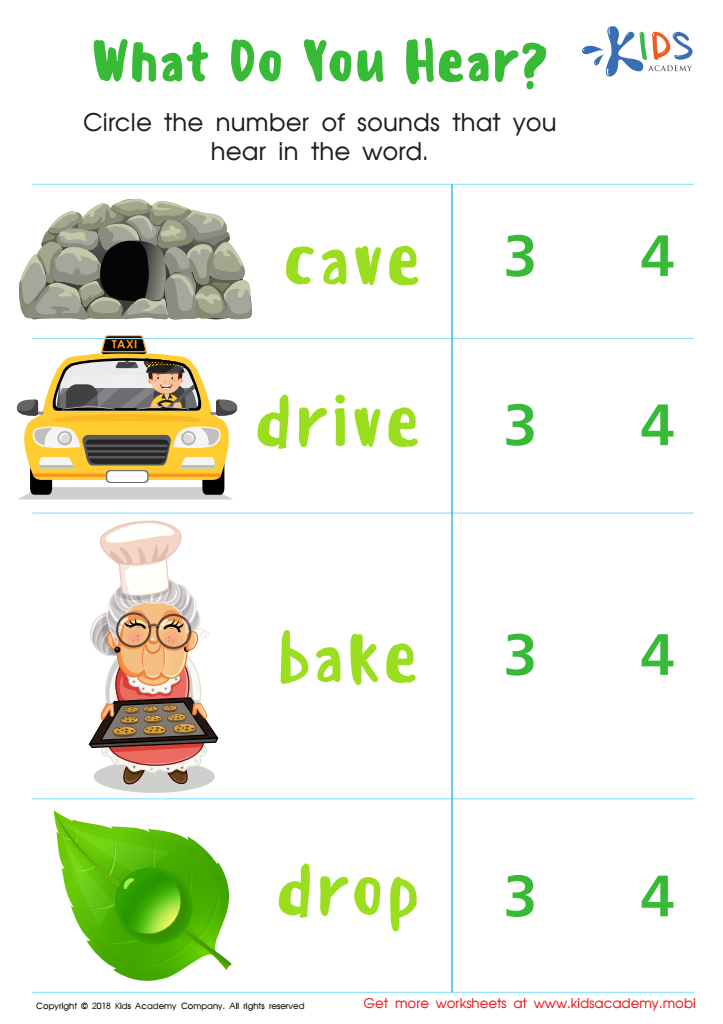

What Do You Hear? Worksheet
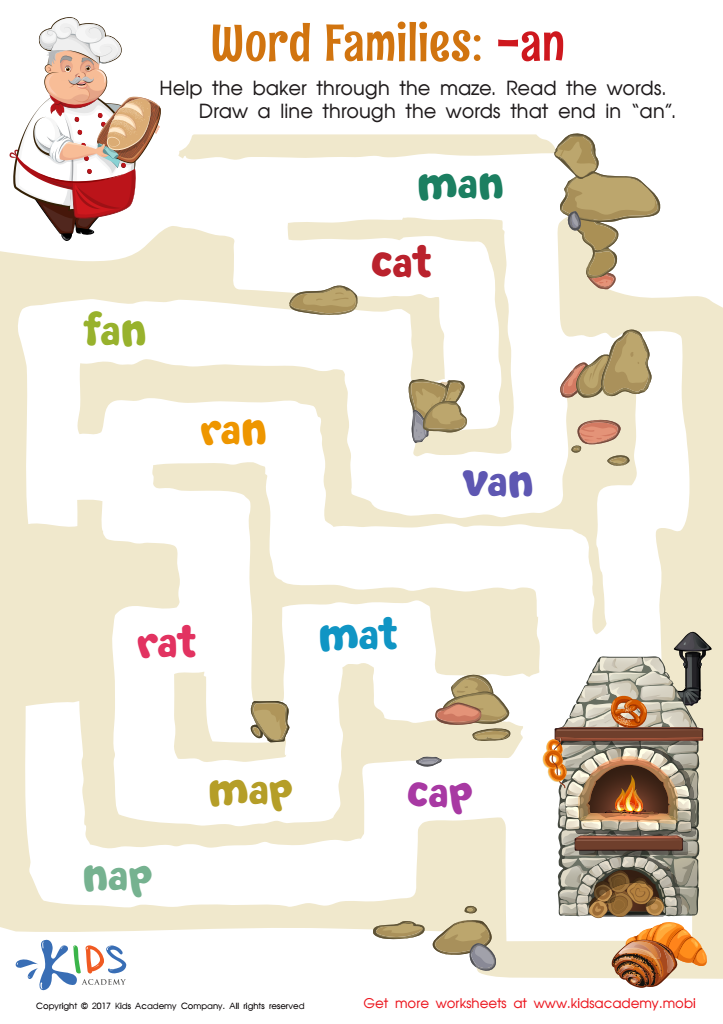

Words Families "an" Spelling Worksheet
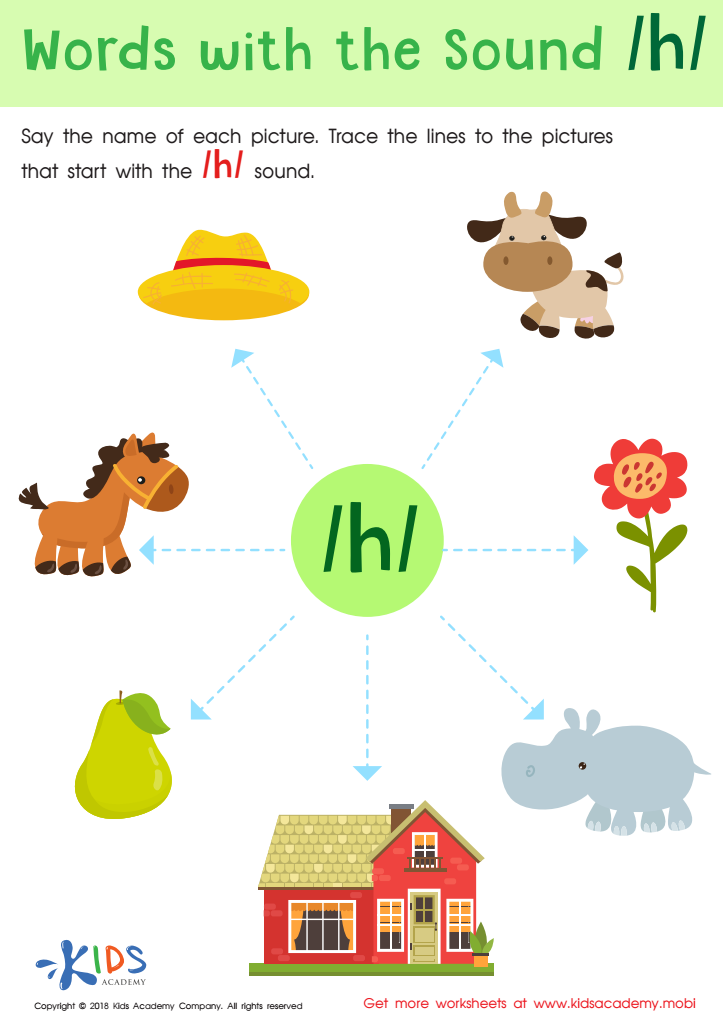

Words with sound h Reading Worksheet
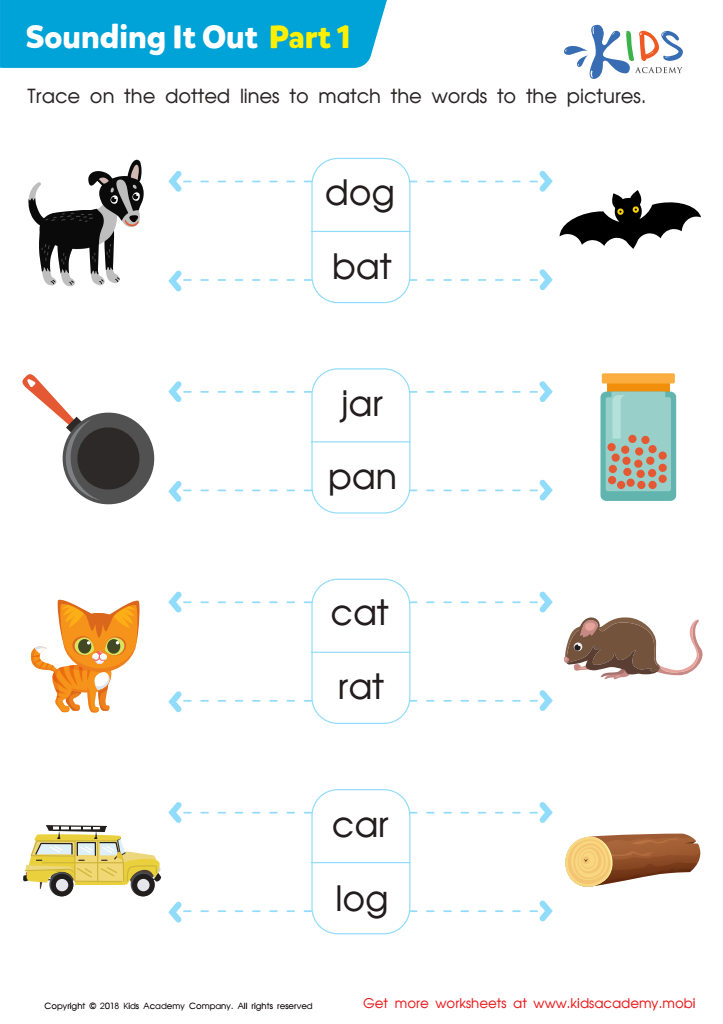

Sounding it Out: Part 1 Worksheet
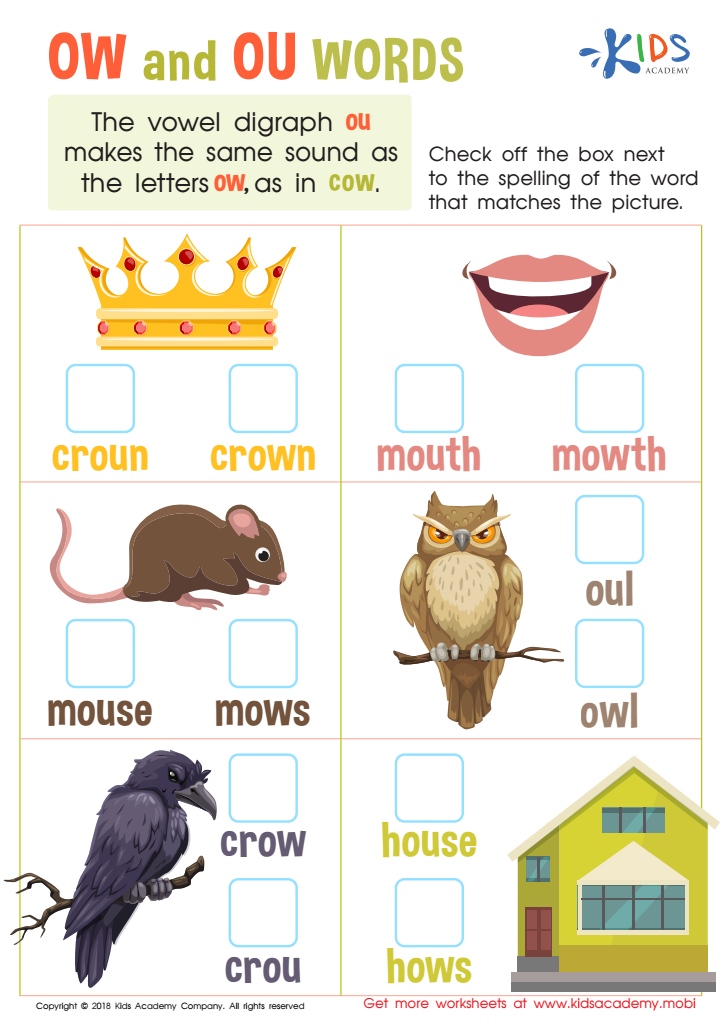

Reading: OW and OU Words Worksheet
Phonics skills are crucial for children aged 4-9, as they form the foundation of reading and writing abilities. At this developmental stage, children are learning to connect sounds with letters, enabling them to decode words independently. Mastery in phonics boosts reading comprehension, allowing students to engage meaningfully with texts.
Parents and teachers should care about phonics because it supports overall literacy development. Children who struggle with phonics may face challenges in understanding written material, impacting their academic performance and confidence. Early intervention is vital; when educators and parents work together to reinforce phonetic skills through playful activities, songs, and engaging games, they can foster a positive learning environment.
Additionally, phonics instruction promotes critical thinking and problem-solving skills. By learning to sound out words, children become adept at tackling unfamiliar texts, enriching their vocabulary and knowledge.
The ability to read proficiently also opens up a world of opportunities, increasing the likelihood of future academic success and a lifelong love of reading. Consequently, prioritizing phonics skills during these formative years is essential for ensuring that children are equipped for their educational journey and can navigate the increasingly complex literacy demands as they grow.
 Assign to My Students
Assign to My Students














